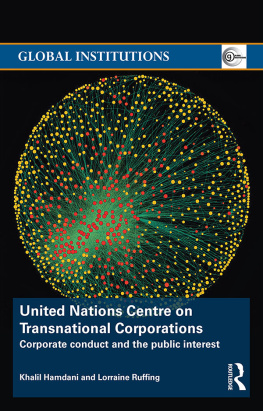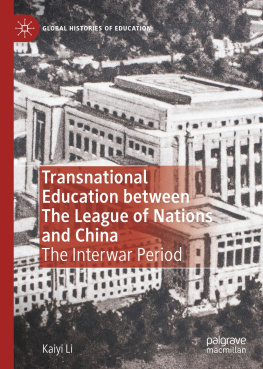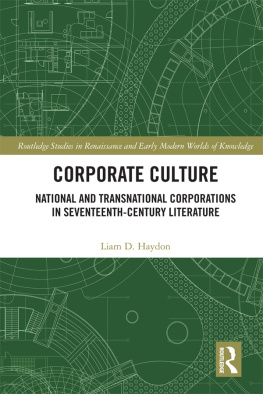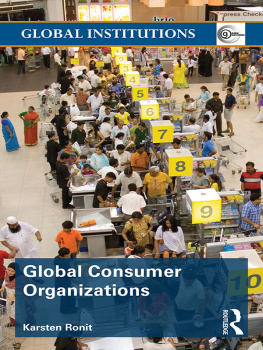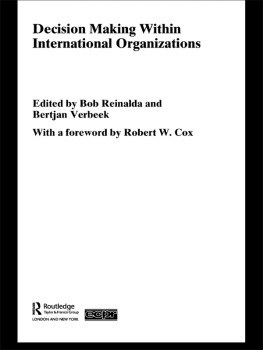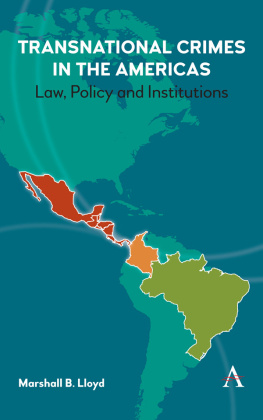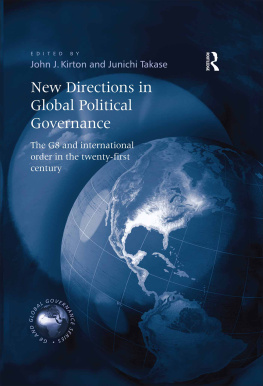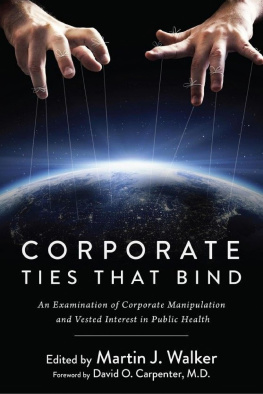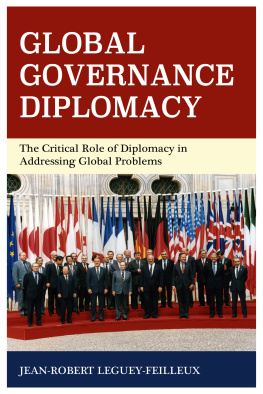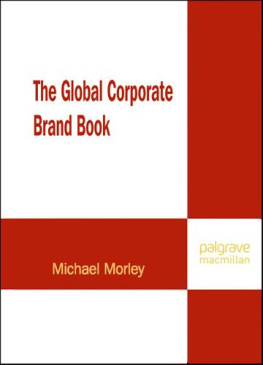United Nations Centre on Transnational Corporations
The United Nations Centre on Transnational Corporations (UNCTC, or the Centre) was established in 1975 and abolished in 1992. It was an early effort by the UN to address the overlapping issues of national sovereignty, corporate responsibility, and global governance. These issues have since multiplied and deepened with globalization. This book recounts the UNCTC experience and its lessons for international organizations.
This book is not only an insider perspective by two former staff but also a collective memoir of the UNCTC as an international organization that attempted with varying success to defuse the clash between corporates and states that erupted in the turbulent 1970s. This personal account of the UNCTC is a mixture of history, analysis, reflections, and critical commentaries, told in different voices that penetrate the bland persona of international civil service. In this retelling, the authors seek to address misconceptions amongst the more general literature and to seek to provide accounts of both its positive and negative features.
The UNCTC experience recounted in this book holds valuable lessons for international organization and will be of interest to students, scholars, and practitioners alike.
Khalil Hamdani was chief of the UNCTC executive office and later the director of the programme.
Lorraine Ruffing worked for five different United Nations agencies over the last 22 years
Global Institutions
Edited by Thomas G. Weiss
The CUNY Graduate Center, New York, USA
and Rorden Wilkinson
University of Sussex, Brighton, UK
About the series
The Global Institutions Series provides cuttingedge books about many aspects of what we know as global governance. It emerges from our shared frustrations with the state of available knowledgeelectronic and printwise, for research and teachingin the area. The series is designed as a resource for those interested in exploring issues of international organization and global governance. And since the first volumes appeared in 2005, we have taken significant strides toward filling conceptual gaps.
The series consists of three related streams distinguished by their blue, red, and green covers. The blue volumes, comprising the majority of the books in the series, provide userfriendly and short (usually no more than 50,000 words) but authoritative guides to major global and regional organizations, as well as key issues in the global governance of security, the environment, human rights, poverty, and humanitarian action among others. The books with red covers are designed to present original research and serve as extended and more specialized treatments of issues pertinent for advancing understanding about global governance. And the volumes with green coversthe most recent departure in the seriesare comprehensive and accessible accounts of the major theoretical approaches to global governance and international organization.
The books in each of the streams are written by experts in the field, ranging from the most senior and respected authors to firstrate scholars at the beginning of their careers. In combination, the three components of the seriesblue, red, and greenserve as key resources for faculty, students, and practitioners alike. The works in the blue and green streams have value as core and complementary readings in courses on, among other things, international organization, global governance, international law, international relations, and international political economy; the red volumes allow further reflection and investigation in these and related areas.
The books in the series also provide a segue to the foundation volume that offers the most comprehensive textbook treatment available dealing with all the major issues, approaches, institutions, and actors in contemporary global governanceour edited work International Organization and Global Governance (2014)a volume to which many of the authors in the series have contributed essays.
Understanding global governancepast, present, and futureis far from a finished journey. The books in this series nonetheless represent significant steps toward a better way of conceiving contemporary problems and issues as well as, hopefully, doing something to improve world order. We value the feedback from our readers and their role in helping shape the ongoing development of the series.
A complete list of titles appears at the end of this book. The most recent titles in the series are:
The Challenges of Constructing Legitimacy in Peacebuilding (2015)
by Daisaku Higashi
The European Union and Environmental Governance (2015)
by Henrik Selin and Stacy D. VanDeveer
Rising Powers, Global Governance, and Global Ethics (2015)
edited by Jamie Gaskarth
Wartime Origins and the Future United Nations (2015)
edited by Dan Plesch and Thomas G. Weiss
International Judicial Institutions (2nd edition, 2015)
by Richard J. Goldstone and Adam M. Smith
The NGO Challenge for International Relations Theory (2014)
edited by William E. DeMars and Dennis Dijkzeul
21st Century Democracy Promotion in the Americas (2014)
by Jorge Heine and Brigitte Weiffen
First published 2015
by Routledge
2 Park Square, Milton Park, Abingdon, Oxon OX14 4RN
and by Routledge
711 Third Avenue, New York, NY 10017
Routledge is an imprint of the Taylor & Francis Group, an informa business
2015 Selection and editorial matter Khalil Hamdani and Lorraine Ruffing; contributors their contributions.
The right of Khalil Hamdani and Lorraine Ruffing to be identified as the editors of this work has been asserted by them in accordance with the Copyright, Designs and Patent Act 1988.
All rights reserved. No part of this book may be reprinted or reproduced or utilised in any form or by any electronic, mechanical, or other means, now known or hereafter invented, including photocopying and recording, or in any information storage or retrieval system, without permission in writing from the publishers.
Trademark notice: Product or corporate names may be trademarks or registered trademarks, and are used only for identification and explanation without intent to infringe.
British Library Cataloguing in Publication Data
A catalogue record for this book is available from the British Library
Library of Congress Cataloging in Publication Data
A catalog record for this book has been requested
ISBN: 9780415733007 (hbk)
ISBN: 9781315723549 (ebk)

